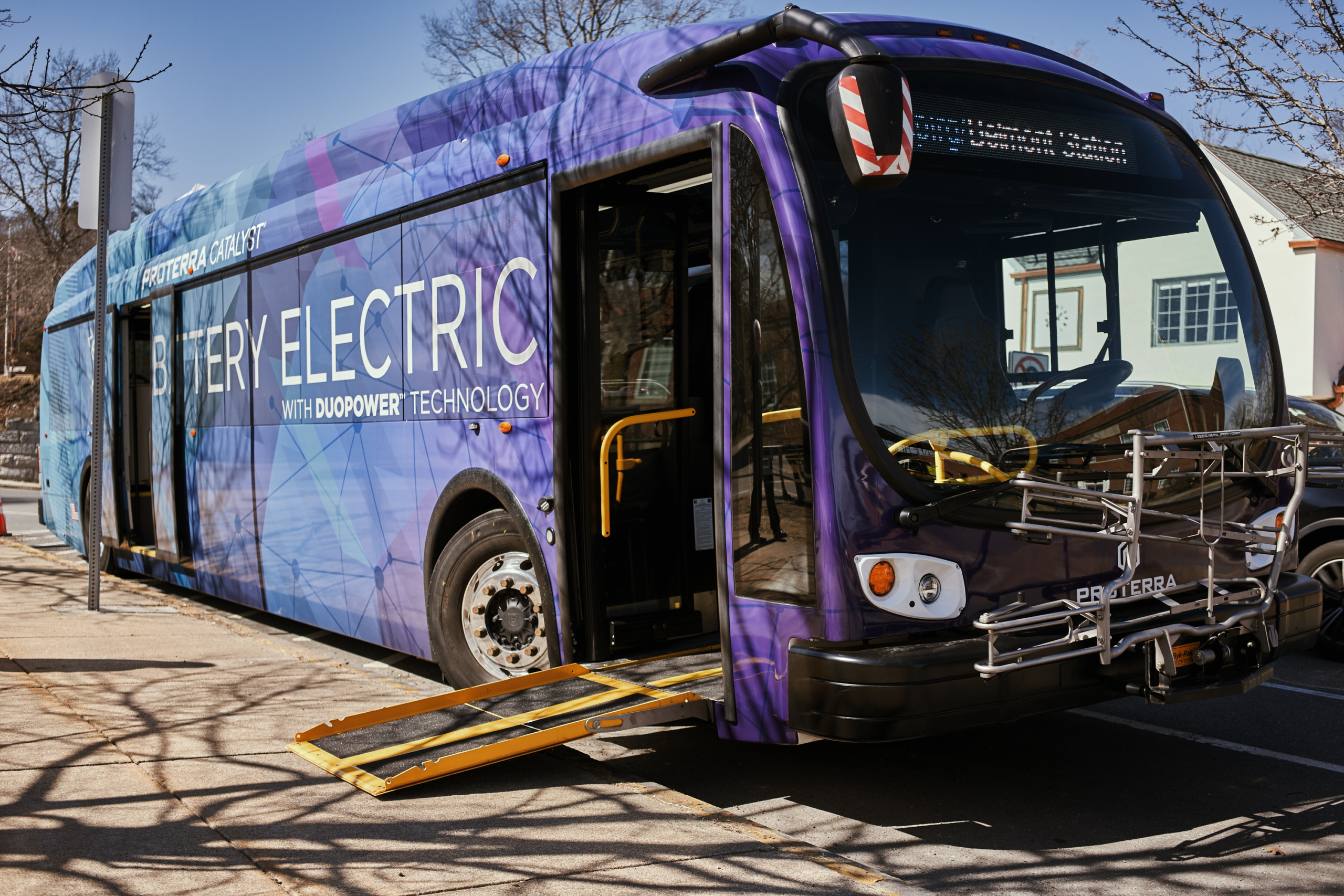
Tell your governor to commit to all-electric public and school buses
To mitigate air pollution caused by diesel exhaust, we have to transition public buses and school buses to electric vehicles.
States have the power to tackle climate change by reducing and eventually eliminating carbon pollution from power plants.
Each year, the climate crisis gets worse, affecting more of us with increasingly devastating storms, raging wildfires and severe droughts. Yet most of us are still powering our lives with energy from dirty and dangerous fossil fuel-fired power plants.
Fortunately, we don’t have to wait for decision-makers in Washington, D.C., to take action. States can take part in the best regional climate pollution reduction program you’ve probably never heard of: The Regional Greenhouse Gas Initiative (RGGI).
To mitigate air pollution caused by diesel exhaust, we have to transition public buses and school buses to electric vehicles.
ADD YOUR NAME
ADD YOUR NAME
Senior Director, Campaign for 100% Renewable Energy, Environment America
